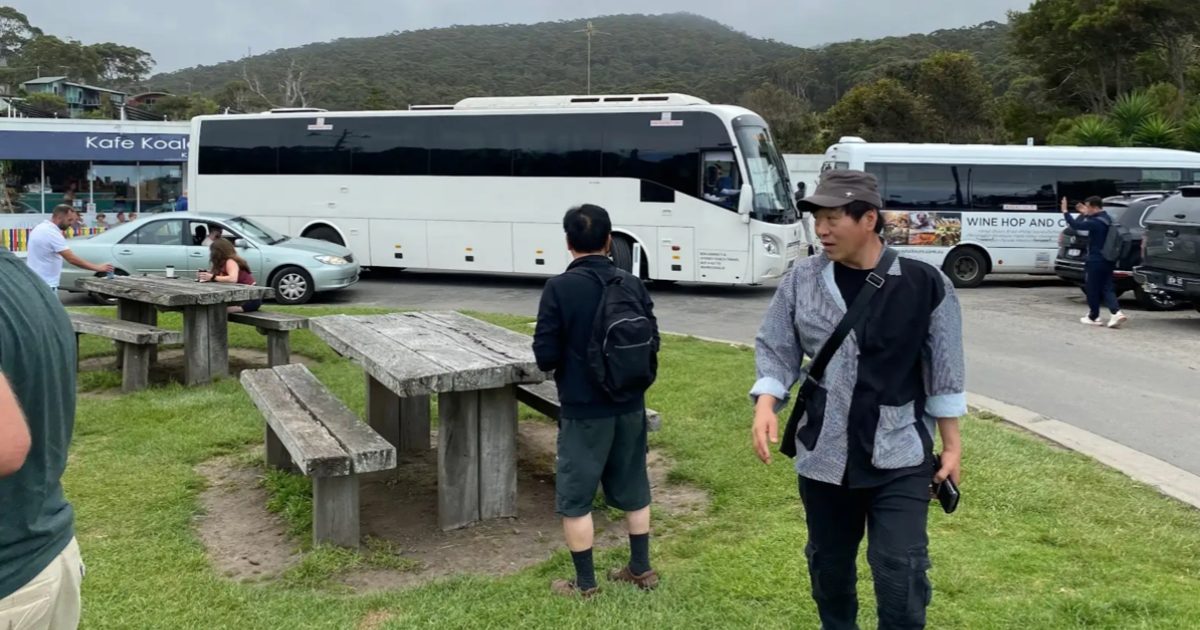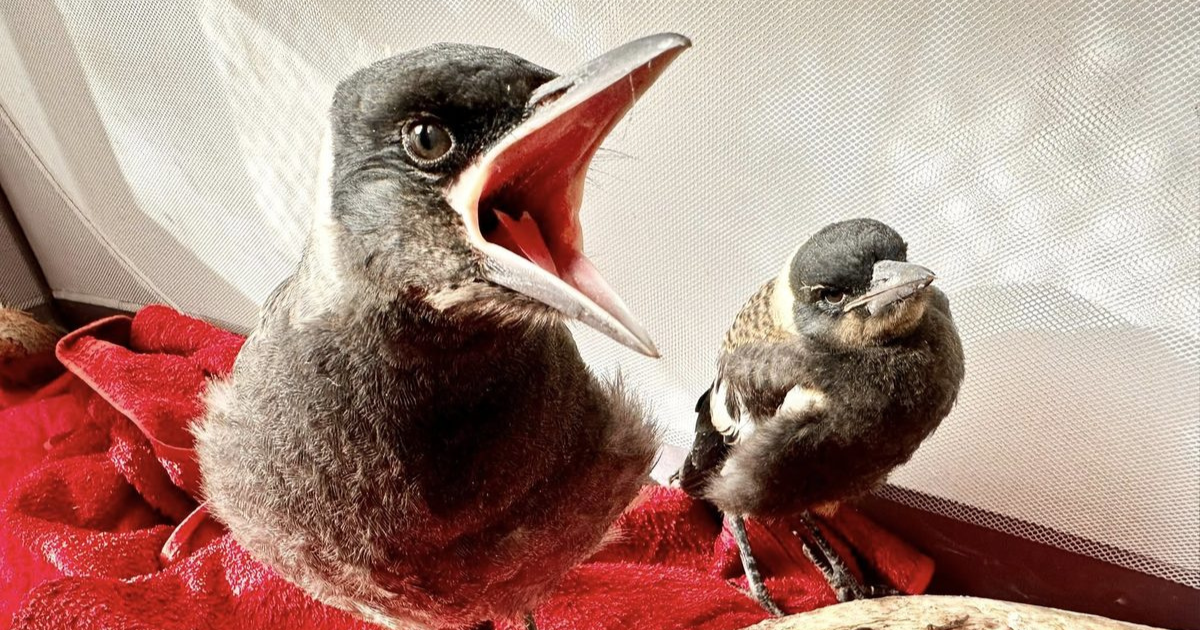New fund to help tourism operators cover corona cancellations
LEADING industry bodies have welcomed the state government’s establishment of a $5 million fund for businesses facing cancellations from people in the locked-down postcodes in Melbourne.
Last week, Minister for Industry Support and Recovery Martin Pakula said regional businesses, including motels, caravan parks and short-term rentals would be eligible for up to $225 per night for cancelled bookings, with no cancellation fees charged to residents forced to stay home.
Victorian Tourism Industry Council chief executive officer Felicia Mariani said the payments would make a huge difference to many businesses across regional Victoria who were already on the edge after so much disruption to their businesses over the past months.
“While implications of this travel ban for these hot spot areas go beyond just the accommodation sector within our industry, this sector in our regional areas will likely bear the widest brunt of these latest restrictions.”
Victorian Chamber of Commerce and Industry chief executive Paul Guerra said the fund would minimise the flow-on effect of the localised lockdowns onto regional businesses in the tourism sector.
“Many accommodation businesses had already reported cancellations and are not in a position to be taking more financial hits after an incredibly difficult year.
“Many of these businesses have been impacted by drought, bushfires and then coronavirus. This means they missed out on summer peak bookings, then school holidays, then were forced to close during the statewide lockdown. For many tentatively reopening for the first time, last minute cancellations will be a further blow.”
VTIC has surveyed its accommodation members in regional Victoria to monitor the situation and to have a clearer picture of the economic implications of these new restrictions as a result of the spike to infections in Victoria.
“Very early results to the survey we distributed yesterday are indicating that about 70 per cent of respondents have been affected by these restrictions; 13 per cent are not affected; and 17 per cent are unsure. The average length of stay for visitors was two nights and reported losses so far have ranged from $500 to as high as $12,000-$15,000,” Ms
Mariani said.
“The tourism, hospitality and events industry has been decimated by the rolling crises of bushfires and now coronavirus. It’s imperative that every lever is pulled to allow these businesses to reboot, and that includes considering a two-speed reactivation of the sector.
“We need to see our regional towns and centres that have seen few, if any cases of COVID-19 in their communities, have a more rapid easing of their restrictions, including a shift to 50 patrons and a reconsideration of the 4sqm density quotient in these areas.”


















